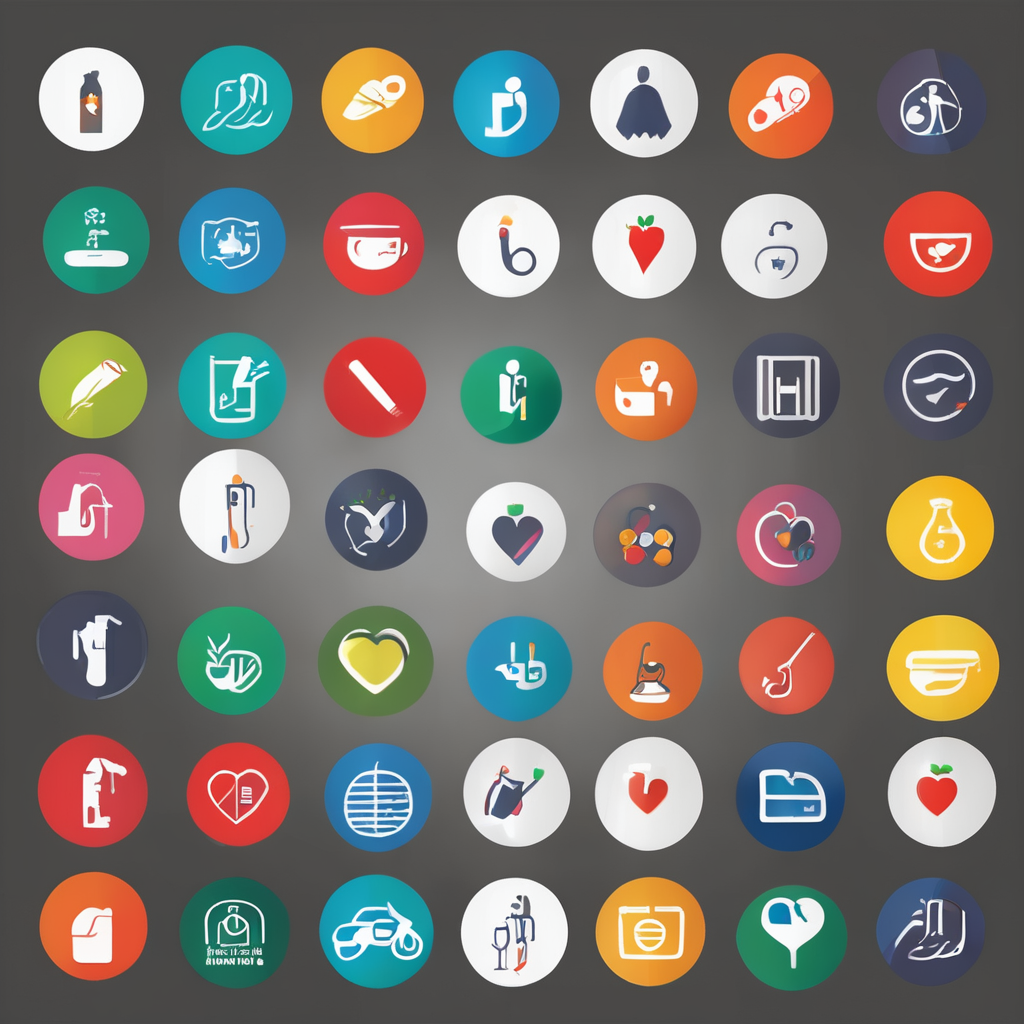Understanding Gestational Diabetes
Gestational diabetes is a type of diabetes that occurs during pregnancy and affects how your cells use sugar (glucose). It can lead to increased blood sugar levels that can impact both mother and baby. If not managed properly, it may result in complications like abnormal birth weight, preterm birth, and type 2 diabetes later in life.
Recognising symptoms such as increased thirst, frequent urination, and fatigue is vital for early detection. Early diagnosis can lead to better management through lifestyle changes or, if necessary, medication. Testing typically involves glucose challenges or tolerance testing, often around the 24th week of pregnancy.
Also read : Top Strategies for UK Expecting Mothers to Excel in Remote Work During Pregnancy
Several factors contribute to developing gestational diabetes, particularly among UK women. Risk factors include being over 25 years old, overweight, having a family history of diabetes, or experiencing gestational diabetes in previous pregnancies. It’s notable that those with polycystic ovary syndrome or a high body mass index are also more susceptible. Health professionals often recommend monitoring blood glucose levels and maintaining a healthy diet to mitigate risks. Utilizing accessible healthcare services and consulting with dietitians can significantly aid in managing the condition effectively throughout pregnancy.
Nutritional Strategies for Managing Gestational Diabetes
Effective nutritional strategies are crucial for managing gestational diabetes and ensuring a healthy pregnancy. By incorporating dietary guidelines tailored to maintaining optimal blood sugar levels, individuals can significantly mitigate risks.
This might interest you : Essential Pregnancy Health Apps Approved by UK Experts: Your Ultimate Handbook for Monitoring Wellness Metrics
Key Nutritional Guidelines
Balanced meals and portion control are foundational. Consuming low glycemic index foods helps in maintaining stable glucose levels. Foods like whole grains, legumes, and fresh vegetables are excellent choices. During pregnancy, keeping a recommended macronutrient ratio—such as 50% carbohydrates, 20% protein, and 30% fat—can support both mother and baby’s nutritional needs.
Meal Planning for Success
Creating meal plans aids in maintaining discipline. Include culturally relevant meals, considering UK’s diverse culinary landscape. For instance, integrating whole-wheat chapati or brown rice can offer familiar flavours while supporting blood sugar control. Timely, regular meals prevent glucose spikes, contributing to better managing diabetes.
Healthy Snacking Options
Snacks retain energy levels throughout the day. Opt for options like nuts, seeds, or yogurt for nutritious alternatives. Offering culturally appropriate snacks such as hummus with vegetable sticks can enhance adherence to dietary guidelines. Thoughtful snacking plays a pivotal role in managing gestational diabetes, keeping both hunger and glucose levels in check.
Cooking Tips and Recipe Ideas
Preparing meals when managing gestational diabetes requires strategic planning. Explore adaptive cooking tips that ensure you enjoy meals while keeping your blood sugar in check.
Simple and Quick Recipes
Embrace quick and healthy recipes that align with dietary guidelines for gestational diabetes. Try dishes like stir-fried chicken with broccoli, utilising olive oil and a splash of low-sodium soy sauce for flavour balance. These meals often feature easily accessible ingredients, making them perfect for busy days. Batch cooking can be a lifesaver, enabling you to prepare meals in advance, thus reducing stress and aiding consistent glucose control.
Satisfying Cravings Healthily
Managing pregnancy cravings is crucial for maintaining a healthy diet. Opt for naturally sweet treats such as fruits or baked apples with cinnamon to satisfy sweet tooth desires. Savoury cravings can be addressed with alternatives like air-popped popcorn instead of crisps. Practising mindful eating, through attentive consumption and awareness of your body’s signals, can help prevent overindulgence while still allowing for enjoyment.
Engaging Family in Healthy Cooking
Involve family members in meal preparation. Encouraging young ones to assist with simple tasks fosters nutrition education, emphasising the cultural richness of UK cuisines. Experiment with family recipes, modifying them with healthier ingredients. Fun cooking activities create a supportive environment, promoting healthier eating habits.
Expert Insights and Testimonials
Navigating gestational diabetes involves understanding and practical management strategies. Consulting expert tips from dietitians can illuminate effective approaches tailored to both mother and baby’s health. Dietitians emphasize the importance of monitoring blood glucose and engaging in nutritional strategies such as balanced meals and low glycemic foods. Their insights stress the pivotal role of portion control, meal timing, and regular physical activity.
Testimonials from women across the UK offer valuable perspectives on personal experiences. They recount stories of successfully managing their condition through lifestyle modifications and adhering to dietary guidelines. Real-life experiences reflect diverse journeys, often highlighting the empowerment gained through informed choices and professional support.
Support is vital, especially during a challenging period like pregnancy. Women are encouraged to seek guidance from healthcare professionals who can provide personalized plans. Hearing expert voices and community stories can be both motivating and instructive, illustrating pathways to success. Having a network for support can positively impact both emotional well-being and practical management, fostering a reassuring environment for dealing with gestational diabetes.
Resources and Support Networks
Support groups and online resources are invaluable for those navigating gestational diabetes. In the UK, various support networks provide tailored information and community support, essential for both emotional well-being and practical advice. Joining these groups offers opportunities to connect with others facing similar challenges, sharing experiences and tips for managing gestational diabetes.
Online communities, such as forums and social media groups, enable expectant mothers to exchange ideas and find encouragement. They serve as platforms for discussing dietary adjustments, symptom management, and emotional support. Such interactions often provide insights, reinforcing management strategies discussed during healthcare consultations.
Access to healthcare services remains a cornerstone in managing gestational diabetes effectively. Regular consultations with healthcare professionals, including dietitians and obstetricians, ensure personalized care and assistance in monitoring blood glucose levels. These services are crucial in providing up-to-date information and effective management plans tailored to individual needs.
It’s vital to leverage both online and professional resources, fostering a supportive environment during this critical period. Knowledge and community support can significantly enhance the journey, ensuring better health outcomes for both mother and baby.
